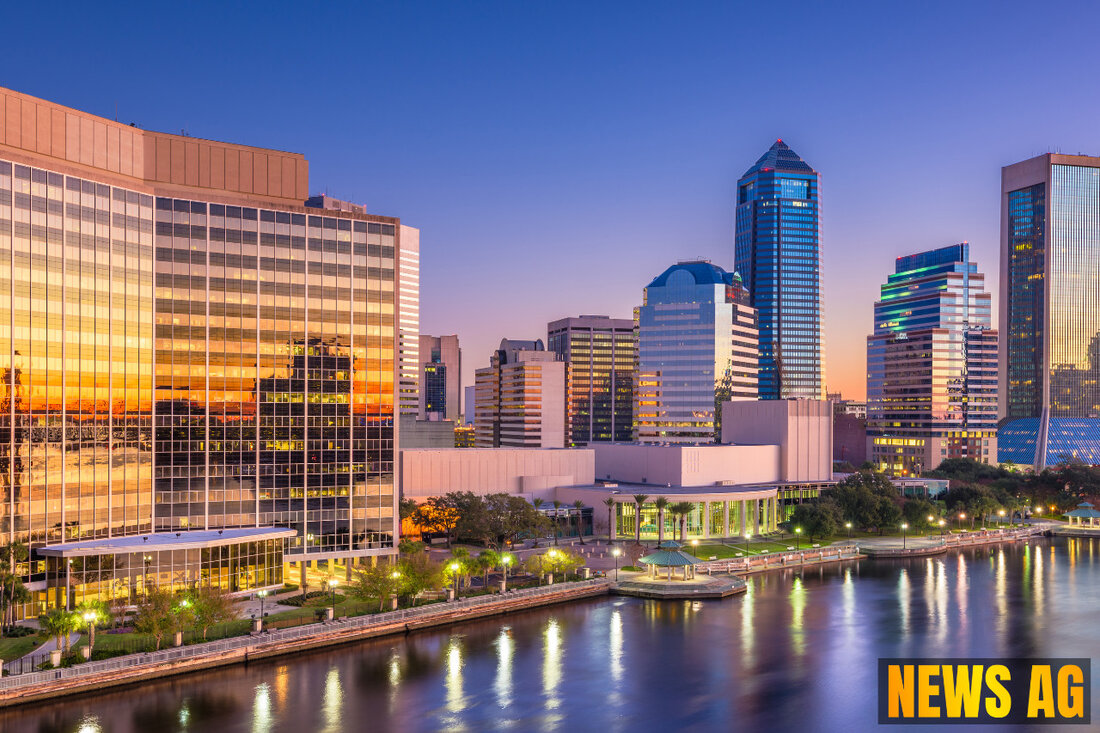Raccoons Threaten Sea Turtles: Local Non-Profit's Urgent Battle in Virginia Keys
Explore Key Biscayne's ongoing efforts to conserve sea turtles amid rising raccoon populations and climate change challenges.

Raccoons Threaten Sea Turtles: Local Non-Profit's Urgent Battle in Virginia Keys
In the vibrant ecosystems of South Florida, where the stunning coastlines meet the clear waters of the Atlantic, a pressing dilemma is unfolding: the battle for survival between sea turtles and raccoons. The non-profit organization MORAES is stepping up to address this critical issue, as highlighted in a recent report from the K.B. Independent.
Sea turtle populations have been severely affected by climate change, rising temperatures, and beach erosion. But a new threat has emerged in the form of raccoon overpopulation, which has made its mark on Virginia Key. In 2023 alone, raccoons impacted over 60% of the sea turtle nests, leading to a staggering estimated loss of over 2,000 sea turtles. Raccoons, native to the region, are opportunistic predators of turtle eggs, and their increasing numbers have raised alarm bells among conservationists.
A Step Towards Balance
Beginning in 2022, MORAES took the initiative to monitor raccoon populations after receiving a sea turtle conservation permit specific to Virginia Key. They documented raccoon-related predation over a two-year span, revealing the harsh reality that many nests were left vulnerable. Initial attempts to deter these clever critters by placing cages over nests fell flat, as the raccoons quickly figured out how to dismantle the barriers.
It’s clear that more creative solutions are needed, and that’s where relocation comes into play.
MORAES plans to relocate raccoons to less populated areas within the Everglades, such as the Tree Islands. This decision comes after an eight-year trail camera study indicated a significant reduction in raccoon populations in the Everglades, suggesting that targeted relocation could help restore the ecological balance on Virginia Key. To assess the existing raccoon population, MORAES will set up camera trails at Historic Virginia Key Beach, which will play a crucial role in determining how many raccoons should be trapped and relocated.
Collaborative Efforts with Turtl Project
The project isn’t going solo; it’s a collaboration that includes the Turtl Project and Nicholas Gonzalez of Florida Environmental & Wildlife Management Services. Together, they will perform wildlife camera deployments and analyze the footage to gather critical data on the raccoon populations in the beach park. This data will not only help in the assessment but will also support MORAES’s ongoing efforts to mitigate predation impacts through protective measures.
By utilizing Indigenous Traditional Ecological Knowledge (ITEK), MORAES aims to ensure that reintroduction efforts are beneficial for the Everglades ecosystem.
As highlighted by reports from soflomoraes.com, the ongoing trend of predation is troubling, particularly as MORAES documented a loss of nearly 2,000 sea turtle eggs and 43 hatchlings in 2024 due to raccoon activity. With over 50% of nests affected during the season, it’s clear that swift action is necessary. The loggerhead sea turtle, a species listed as endangered under the Endangered Species Act (ESA), relies on conservation efforts more than ever. MORAES continues to work closely with the Florida Fish and Wildlife Commission (FWC) to ensure that their strategies align with effective conservation practices.
Addressing Light Pollution
Another significant factor in the survival of sea turtle hatchlings is light pollution along coastal areas. The Florida Fish and Wildlife Conservation Commission (FWC) emphasizes the necessity of minimizing artificial light exposure on nesting beaches. Proper modifications, such as using amber or red LED bulbs and installing shields, can significantly reduce the risk to nesting sea turtles and their hatchlings.
Owners of beachfront properties can play a crucial role. Lights that are necessary for safety should be adjusted rather than turned off, and decorative lights should be switched off entirely during nesting season, which ends on October 31. Such practices not only protect the turtles but ensure that these magnificent creatures continue to thrive along our beautiful shores.
MORAES is currently seeking to raise $10,000 to support these vital conservation efforts and is actively looking for additional sponsors to bolster their initiatives. In the face of evolving challenges, the determination to strike a balance within the ecosystem remains a shared goal for all involved.
As the summer sun sets over Virginia Key, the call for action becomes clearer—it’s a reminder that every small effort counts in protecting our delicate ecosystems. Together, let’s safeguard the future of our sea turtles for generations to come.

 Suche
Suche
 Mein Konto
Mein Konto